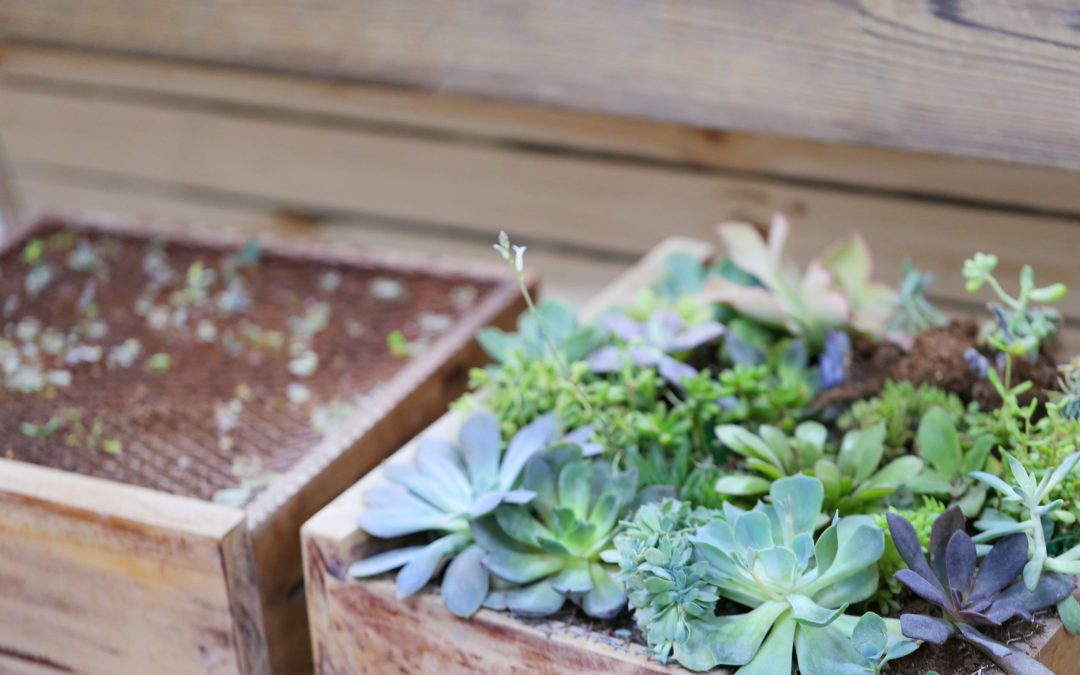My first child was born a few days before Mother’s Day. I remember that Mother’s Day so clearly. I was just in awe of his tiny, perfect self. I couldn’t believe that I was his mother, that I was anyone’s mother. My parents were visiting us to meet my son, and there was this beautiful moment where I was understanding my mom’s love for me in a new way and experiencing this new love for my own child. It was a day of uncomplicated celebration.
A few years later, my Mother’s Day was very different. I was grieving a miscarriage and all the ways my body wasn’t working the way that I wanted and needed it to. I longed to feel healthy and strong to care for my children the way I wanted to care for them. I missed my mom, who was half a country away. There was a lot of good around mothering that year, but also a lot of pain.
Those are just two years of my story. I’m sure that there will be more uncomplicated years and more complicated ones.
Mother’s Day can be really problematic. It can be laced with contradicting emotions and expectations, hopes and memories.
There are many people for whom Mother’s Day is painful. Our relationship with our mom is one of the most central and formative relationships in our lives. When that relationship is conflicted, complicated, painful, or fractured, Mother’s Day can be a difficult time. When we’ve lost our mothers, Mother’s Day can remind us of the intensity of our loss.
And then, for women, there are often strong feelings around our roles in motherhood. Whether we desperately want to be mothers and are not, have lost a baby or a child, or have a difficult relationship with our child. Mother’s Day can remind of us the depth of our grief, loss, or unfulfilled hopes.
It’s a day for honor and celebration, but it can also be a day of pain and grief. It’s complicated.
And often, we want to ignore the complicated things. We want to make it simple, by completely ignoring how complex it is. We deny the issue altogether, choosing not to address it at all. We ignore Mother’s Day or celebrate with blinders on to those who may have pain. We throw up a social media post but don’t engage anyone in real life.
This isn’t the way.
If you are someone for whom Mother’s Day is painful, I want to be so very clear. Your pain, tears, rage, grief, or loss matter. I want to see you. I want to hear your story and figure out how to care for you. I don’t want to do this with a flippant facebook post. I want to press in with you, face to face, side by side. I want to encourage you to do what you need to do to honor your heart and emotions on this painful day. I want to have these conversations in real life.
If you are someone for whom Mother’s Day this year is an uncomplicated celebration, I want to celebrate with you. I want to recognize and honor you and share in your joy. I want to rejoice with you.
As a society, we need to be figuring this out. This is about Mother’s Day, but it’s also about a whole lot more. We need to figure out how to rejoice with those who rejoice and mourn with those who mourn. We need to learn to hold space for all the different experiences and emotions our community holds.
It’s a complicated topic, so the answer is going to be complex. But we are never going to learn or grow or move forward if we don’t talk about it. If we don’t ask each other hard questions and listen to the answers with the full weight of our presence and attention. If we don’t say hard things that requires all the bravery and courage we possess.
Pain and joy do not have to diminish each other; we can hold both and honor both. I don’t think there is a clear path to how we do it, but it’s worth wrestling with and trying to figure out. It’s complicated, but it’s possible.


